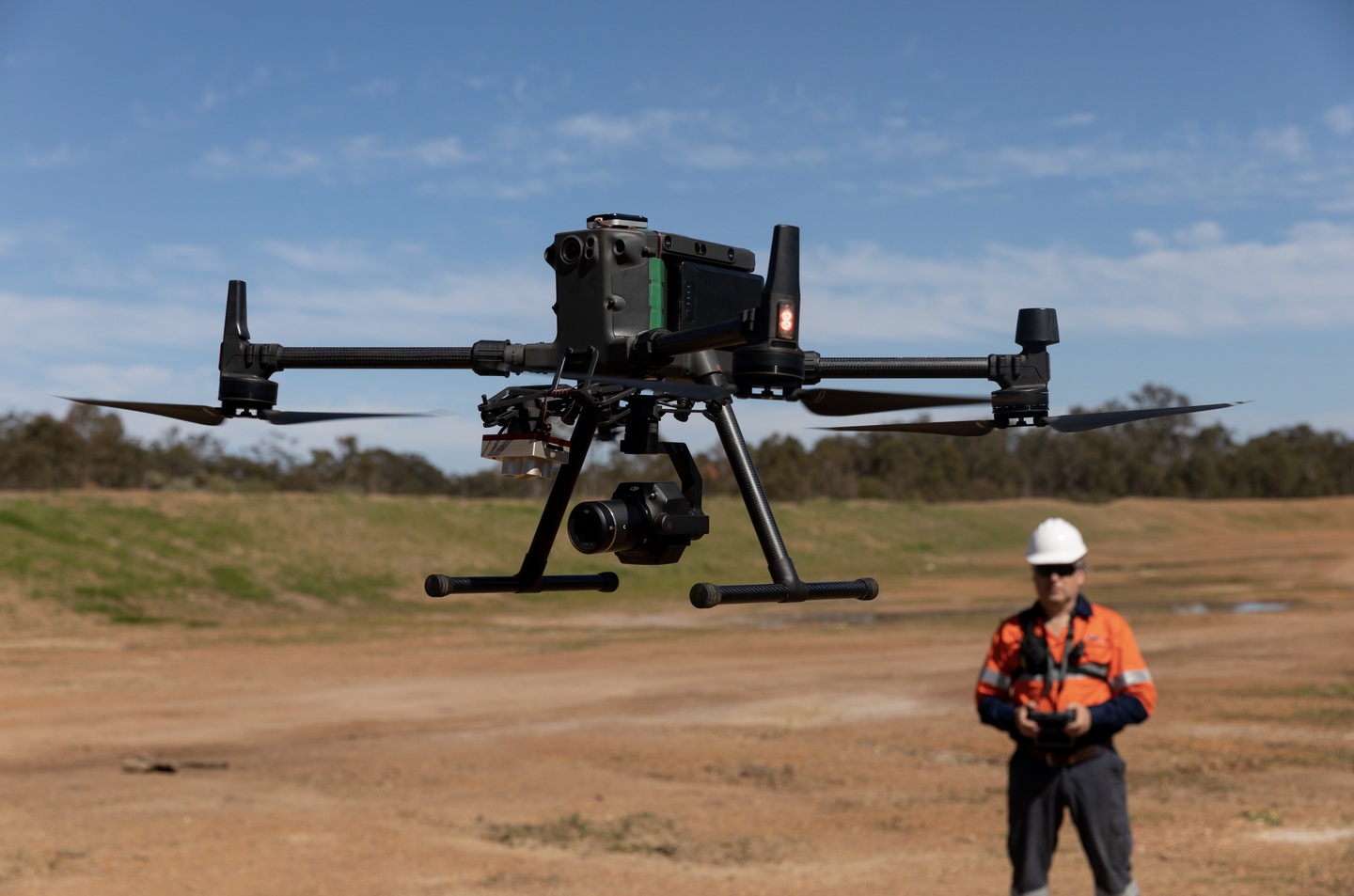

Australian Nature Tech Innovator Ecocene Uses AI to Measure Minesite Rehabilitation as It Races to the Front of Environmental Consulting
World-leading Australian nature technology company Ecocene is reshaping how mining and energy companies manage environmental data. Leveraging artificial intelligence, Ecocene enables emerging industry leaders to collect, analyse and act on complex ecological datasets – all in pursuit of higher standards and better outcomes in environmental stewardship.
With decades of experience in ecological assessment and minesite rehabilitation – from the spinifex grasslands of the Pilbara to Victorian wetlands, South American mangroves and West African jungles – Ecocene brings deep ecological expertise to projects across Australia and globally.
“We’re helping measure progress in a world that increasingly values biodiversity,” says Ecocene CEO Julian Kruger. “Our solutions support tier-one miners across Australia and internationally. The goal is to elevate nature's importance through accurate measurement – and smarter tech is a critical part of protecting biodiversity, restoring landscapes and safeguarding ecosystems.”
80 Permanent Specialists Across Ecology, Geospatial, Data and Software
Headquartered in Western Australia, Ecocene employs more than 80 staff, including ecologists, geospatial experts, data scientists and software developers.
The company uses proprietary AI, machine learning and deep learning models – some in development for over a decade – to process large volumes of environmental data from diverse landscapes.
Ecocene was the first Australian environmental consultancy to obtain a drone licence, enabling rapid and comprehensive data collection from remote minesites.
As drone usage expanded, the company began developing AI tools to interpret the growing volume of information.

Validating AI Through Fieldwork and Ground Truthing
Ecocene’s AI models are trained using verified species occurrence data to identify vegetation, landforms and biodiversity patterns across extensive sites. Ground truthing and field validation ensure the models remain accurate and continually improve.
“Our models help detect species presence and assess issues like erosion,” says Kruger. “This empowers clients to make informed decisions and solve environmental challenges more efficiently – often at lower cost.”
Combining Remote Sensing, LiDAR and On-the-Ground Expertise Mining companies typically rely on a combination of data sources for environmental monitoring, including drone footage, satellite imagery, aerial LiDAR (Light Detection and Ranging) and ground-based surveys. Ecocene works alongside clients to ensure data inputs are reliable and usable.
“Our role is to help clients make sense of the data,” says Kruger. “We track metrics like landform condition, erosion, species presence and vegetation recovery rates. These insights inform better rehabilitation planning and performance reporting.”
Turning Data into Decisions
Ecocene begins by assessing a client’s existing environmental data, standardising it into clear metrics. It then provides tailored rehabilitation strategies, data collection recommendations and technical support – including drone training – to empower in-house teams.
By integrating ecological expertise with advanced analytics, Ecocene enables mining companies to go beyond compliance and embrace in meaningful ecosystem restoration.
From Astron and Ecoda to Ecocene
In 2025, Astron Environmental Services and Ecoda officially rebranded as Ecocene. Astron, founded in Karratha over 40 years ago, built a strong reputation for quality biodiversity and geospatial services. Ecoda, a complementary tech and analytics business, transforms ecological data into automated reporting and insights. Together, they now form a unified business under the Ecocene name.

Shifting Leadership in Mining Rehabilitation
Kruger notes a generational shift in how the mining industry views its environmental responsibilities, particularly in mine closure and rehabilitation.
“Emerging leaders want to be recognised as good stewards of the land,” he says. “We’re seeing more focus on striking a balance between extraction and biodiversity outcomes. In future, I expect to see companies appointing Chief Nature Officers and heads of biodiversity working alongside CFOs and legal teams to manage nature-related risks.”
He continues: “Data is giving us the tools to make better decisions. AI lets us quantify nature’s value, rather than treating it as zero on a balance sheet.For decades, nature was seen as a free resource. But that mindset is changing – driven by better data and a growing understanding that healthy ecosystems underpin our economy.”
Kruger is optimistic about Australia’s role in this evolution.
“The data and the technology are ready – we can rebuild the Earth's ecosystems,” he says. “AI and continuous learning models are unlocking new opportunities for biodiversity management and minesite rehabilitation. Australia can lead the world in responsible resource extraction, and we want Ecocene to be a catalyst in that leadership. Are you with us?”








